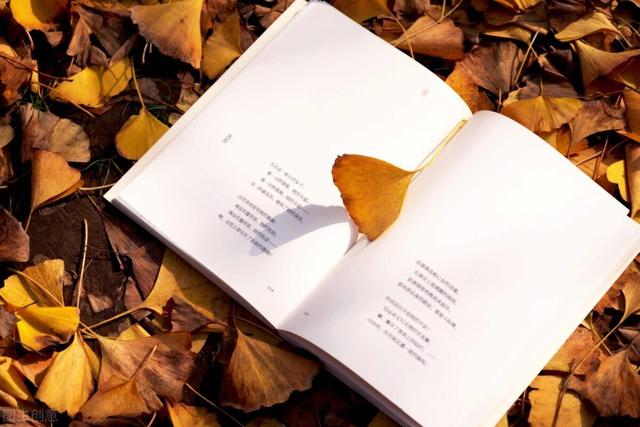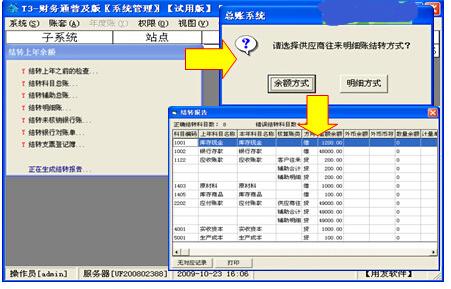鉴于学生的认知程度,部分知识没有扩展太多,只总结了本单元需要掌握的重点内容。
一、句型及交际应用:1、一般过去时的特殊疑问句及陈述句:
1)How was ...? It was...(good,fine,OK,interesting,great,noisy...)
...怎么样?
How was your stay(名词)? It was OK.
2)What did you do?
I stayed at home.
你做了什么?我在家呆着了。
2、 一般过去时的一般疑问句及回答:
1)Did you see a film? Yes, I did. No, I didn't.
2)Was it interesting? Yes, it was. No, it wasn't.
3) Did you do anything else(其他的事)?
3、It's faster than walking.
than后面不是谓语,不能用动词原形,与主语 it 进行对比,用动名词doing。
4、Thank you for doing/sth. 因为……感谢你
Thank you for helping me.(help此句中为动词)
=Thank you for your help.(help此句中为名词)
感谢你的帮助。
5、The TV didn't work.
电视坏了。
6、I'm sorry, but...
对不起,但是……(交际应用填空中常让填but)
I'm sorry, but I really have a lot of work to do.
二、短语:1、clean my room 打扫房间
2、wash my clothes 洗衣服
3、stay at home 呆在家里
4、watch TV 看电视
5、read a book 看书

6、see a film 看电影
7、have a cold 感冒
8、call sb 给某人打电话
9、in the morning/afternoon/evening
在上午/下午/晚上
10、some childeren's shows 一些儿童节目
11、on TV 在电视中
12、something else 一些别的事
13、talk about 谈论
14、all weekend/day/night 整个周末/整天/整晚
15、last night=yesterday evening
昨天晚上(不能交叉使用,不能说成last evening, yesterday night)
16、the day before yesterday 前天
17、 make the beds 整理床铺
18、a broken chair 一把坏椅子
19、listen to loud music 音乐声音大
20、enjoy doing 喜欢做某事
I enjoy playing badminton.
21、 be happy with... 对……满意
I am happy with my new car.
22、say sorry to ... 道歉
23、go boating/fishing 去划船/钓鱼

24、stop to do sth 停下来去做某事
She stopped to look at me.
她停下来看了看我。
25、stop doing 停止做某事(不做了)
She stopped watching TV and began to do her homework.
她不看电视了,开始写作业。
26、on Sunday 在周日(在某一天用on)
27、have a great weekend 度过愉快的周末
28、have fun 玩得高兴
29、a new action film 一部新的动作影片
30、on Saturday morning/afternoon/evening 在周六上午/下午/晚上
=on the morning/afternoon/evening of Saturday
=in the morning/afternoon/evening on Saturday
注意三种不同说法介词的使用。
31、play football with me 和我一起踢足球(with为介词)

一般过去时:表过去的动作或状态。
1、陈述句
2、一般疑问句
3、特殊疑问句
以上三种句式在第一部分已出现,不再赘述。
4、动词过去式的变化规则:
1)直接加-ed:play-played(元音 -y直接加-ed),clean-cleaned;
2)以e结尾的动词 d:taste-tasted;
3)辅音 y结尾的动词,把- y变为-i再加-ed: study-studied;
4)重读闭音节:双写最后一个字母再加-ed: stopped-stopped;
简单说,单词的拼写构成是:"辅元辅”或“辅辅元辅”(stop)才可以双写(元音只有一个,元音后一定只有一辅)。
如:clean中-ea是个字母组合,不是一个元音,也不满足“辅元辅”的构成,所以不双写。
want、walk:元音后有两个辅音,也不双写。
以上四个规则是本单元需要重点掌握的。
5)不规则变化:
本单元出现了以下词的不规则变化,也需要背诵下来:
go-went drink-drank do/does-did is/am-was make-made
are-were sleep-slept read-read have-had get-got see-saw
5、一般过去时的时间状语:(看到这些时间状语时确定句子时态为一般过去时)
last ...(weekend, month, year,night)
yesterday
the day before yesterday

1、taste adj :taste 尝起来,为系动词,后面要加形容词。
taste good/bad
2、also可用在句首,在写作中常用,引出并列内容,也可以理解为递进。
Sports are good for our health. Also, they make us happy.
3、either:否定的也。
I don't like music, either.
4、How was your weekend? It was a busy one.
one 为代词,代替weekend(可数名词单数) 避免重复,表同类事物。
[谚语积累]A candle lights others and consumes itself.
蜡烛照亮了别人,燃尽了自己。

#英语##英语每日一句#
,




